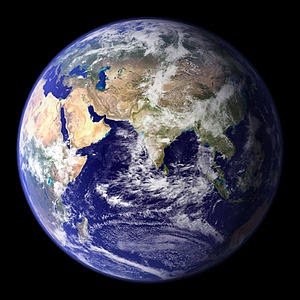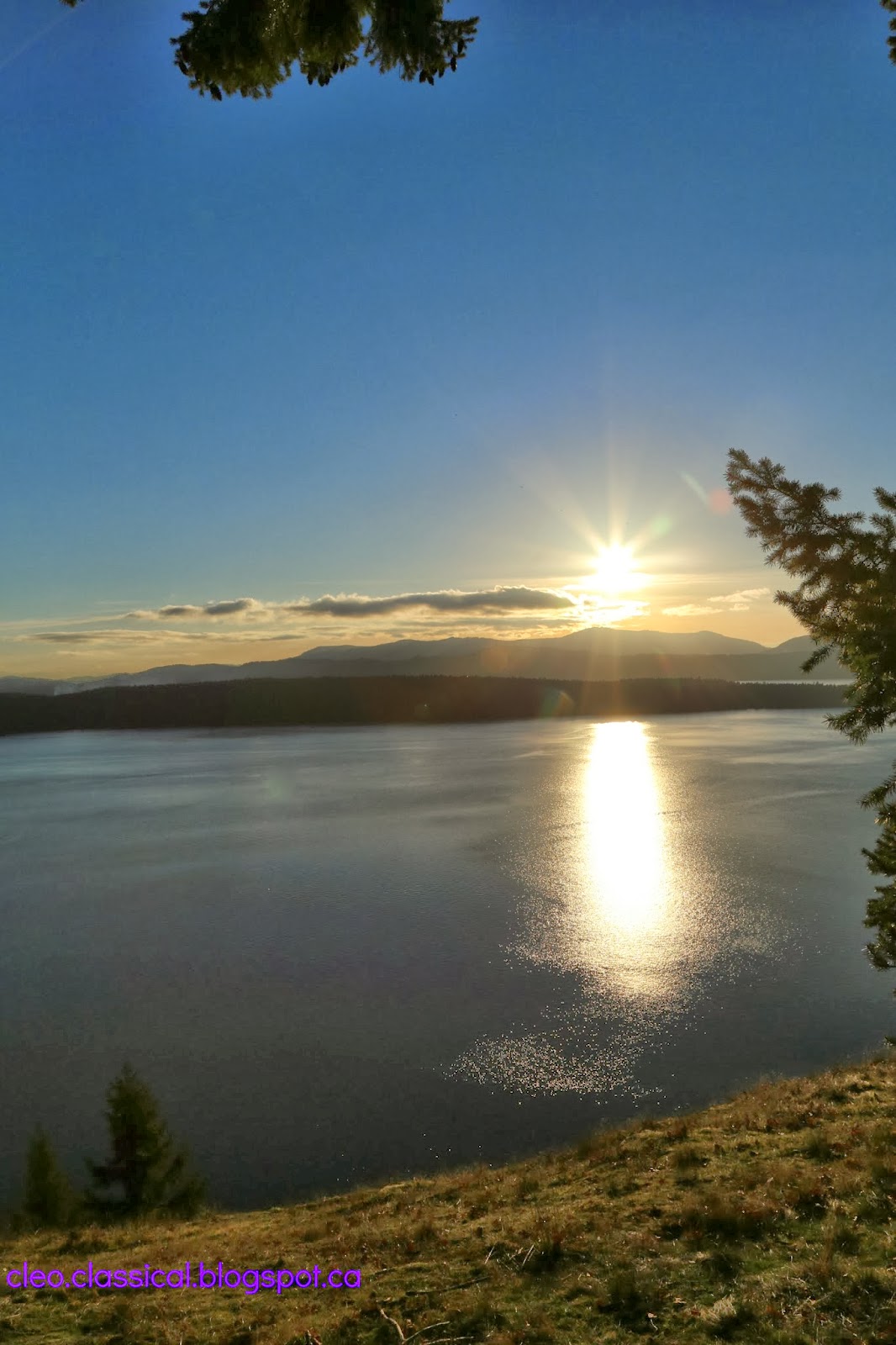“The last drops of the thundershower had hardly ceased falling when the Pedestrian stuffed his map into his pocket, settled his pack more comfortably on his tired shoulders, and stepped out from the shelter of a large chestnut tree into the middle of the road.”
During a hike in the English hills, Elwin Ransom stumbles across a boyhood acquaintance, Devine, and his friend Weston, a scientist. Secretly these two men drug Ransom and take him in a spaceship to the planet, Malacandra, known in earth language as Mars. When he revives, Ransom overhears that he is to be offered as a human sacrifice for an alien race called the Sorns, and he plans his escape. Finding himself alone on this strange planet, he eventually encounters creatures called the Hrossa. Initially very simple and traditional in their ways, Ransom begins to realize that they have an intelligence that may surpass earthly intelligence. Quickly he learns their language and begins to value their ways, yet all too soon he is sent on a mission to the Oyarsa, the ruling being of Malacandra. His adventures not only throw him once again into conflict with Devine and Weston, where blind scientific ardour and unconscionable greed clash with humanity’s better nature, but Ransom is finally able to discover why Earth is considered the “silent planet”.
Malacandra is presented as a rather simple society, with the Hross being like shepherds and poets, and the Sorns the intellectuals, imparting wisdom to the community. Yet, in spite of the obvious higher intellect of the inhabitants, Devine and Weston perceive them as being primitive and unintelligent because they do not have the scientific advances of Earth. Weston, in particular, grasps onto his pre-conceptions like a drowning man, refusing to believe that such primitive appearance could ever understand or grapple with his vision of a new type of man. His ingrained perceptions, that have been formed by science, make him blind to the beauty and intricacies of Malacandrian culture, and even worse, his grandiose plans for the needs of man, allows him to view the Malacandrians as sub-human and therefore, expendable.
 |
| source Wikipedia |
Lewis wrote Out of the Silent Planet as a deliberate critique of Evolutionism, in particular in response to two written works, one by Olaf Stapledon, Last and First Men, and an essay by J.B. Haldane, published in a volume titled Possible Worlds. Both saw men evolving into a divinity that could jump from planet to planet, a being stripped down to pure intelligence. Lewis felt that each, while on one hand portrayed man as a fascinating and beautiful creature, nevertheless showed man’s littleness. To him these views held a potential danger, opening the door to options of experiments on humans and animals. (Interestingly, Lewis was a firm anti-vivisectionist and he would never set traps for the mice who inhabited his rooms at Oxford.) He stated that the trilogy was less a tribute to earlier science fiction than a kind of exorcism of some of its ideas. At its heart, the trilogy is anti-Wellsian and to its conception, Lewis credited a one-of-a-kind novel, David Lindsay’s Voyage to Arcturus. To his friend, Ruth Pitter, he wrote: “From Lindsay I learned what other planets in fiction are really good for: for spiritual adventures. Only they can satisfy the craving which sends our imaginations off the earth. Or putting it in another way, in him I first saw the terrific results produced by the union of two kinds of fiction hitherto kept apart: the Novalis, G. MacDonald, James Stephens sort and the H.G. Wells, Jules Verne sort. My debt to him is very great.” Lewis was trying something new!
 A wonderful start to The Space Trilogy. When I first read the trilogy, this book was my favourite, probably because it was the least complex. Even so, Lewis weaves in views of how medievals saw the universe and angels, as well as sprinkling elements of classicism throughout. The next book is Perelandra. Hang on to your seats because “you ain’t seen nothing yet”!
A wonderful start to The Space Trilogy. When I first read the trilogy, this book was my favourite, probably because it was the least complex. Even so, Lewis weaves in views of how medievals saw the universe and angels, as well as sprinkling elements of classicism throughout. The next book is Perelandra. Hang on to your seats because “you ain’t seen nothing yet”!
“The weakest of my people does not fear death. It is the Bent One, the lord of your world, who wastes your lives and befouls them with flying from what you know will overtake you in the end. If you were subjects of Maledil you would have peace”





